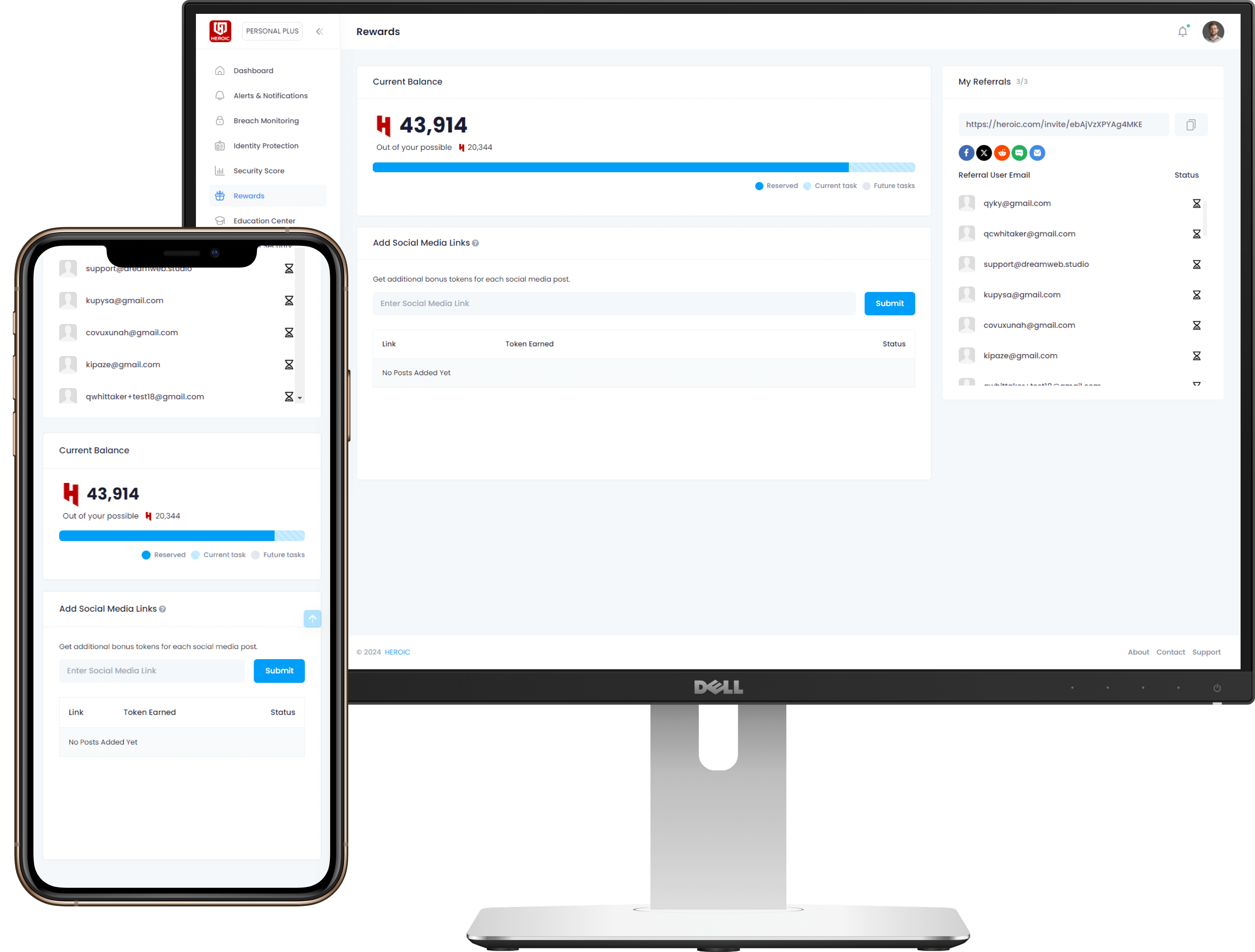
gPotato
Breach Details
Description
We've seen a recent uptick in breaches from legacy gaming platforms resurfacing in dark web communities, likely due to aging infrastructure and the increasing value of historical user data for credential stuffing attacks. What really struck us about this particular breach wasn't the age of the data, but the sheer volume of personally identifiable information (PII) exposed alongside credentials, painting a detailed picture of over a million users. The setup here felt different because it wasn't just usernames and passwords; it was a comprehensive profile ripe for identity theft.
The gPotato Leak: 1.5M Gaming Accounts Exposed, PII Included
A database breach impacting the multiplayer game portal gPotato, dating back to July 2007, has resurfaced, exposing 1,569,156 user accounts. The breach, which occurred prior to gPotato's merger with Webzen, included a concerning array of personal data, going beyond typical username and password compromises. We discovered the database advertised on a popular breach forum, with several users confirming the validity of the data.
The breach initially caught our attention due to the inclusion of plaintext security questions and answers, alongside more standard credentials. This combination allows attackers to bypass password reset mechanisms on other platforms, significantly increasing the risk to affected users. The age of the breach also suggests that many users may have reused these credentials across multiple online services over the past 17 years.
This breach matters to enterprises because it highlights the long-term risks associated with storing sensitive user data, even within seemingly low-value platforms like gaming portals. The availability of security questions and answers, in particular, represents a significant threat, allowing attackers to potentially gain access to financial accounts, email addresses, and other sensitive online services. This incident underscores the broader threat theme of credential stuffing and the enduring impact of legacy data breaches.
Key point: Total records exposed: 1,569,156
Key point: Types of data included: First Name, Last Name, IP Address, Email Address, Username, Passwords
Key point: Password Hash: MD5
Key point: Sensitive content types: Security questions and answers (plaintext), Physical address, Gender, Birth Date
Key point: Source structure: Database
Key point: Leak location(s): Breach Forums
Key point: Date of first appearance: 07-Jul-2007 (Date of breach)
External Context & Supporting Evidence
While initial reports of the gPotato breach circulated in 2007, the recent rediscovery and wider distribution of the database on underground forums amplifies the risk. Discussions within these communities often center on methods for leveraging the exposed data for credential stuffing and account takeover attacks. The use of MD5 hashing, considered weak by modern standards, further exacerbates the problem, making password cracking relatively straightforward for attackers.
Security researchers have consistently warned about the dangers of using weak hashing algorithms and storing security questions in plaintext. A 2016 study by Google found that security questions are often easily guessable, rendering them ineffective as a security measure. This gPotato breach serves as a stark reminder of these vulnerabilities and the importance of implementing robust security practices, including strong password hashing and multi-factor authentication.
Leaked Data Types
First · Name · Last · Ip · Address · Hash · Type · Email · Username · Passwords

Get Early Access to the Guardian Platform
HEROIC is close to launching our next-generation platform where you can search, secure, and monitor all of your identities. To be the first in line, simply insert your email and you'll be added to the list

Be the first to know when we launch
Sign Up for Our Newsletter
Email marketing by Interspire



/qr-code.png)